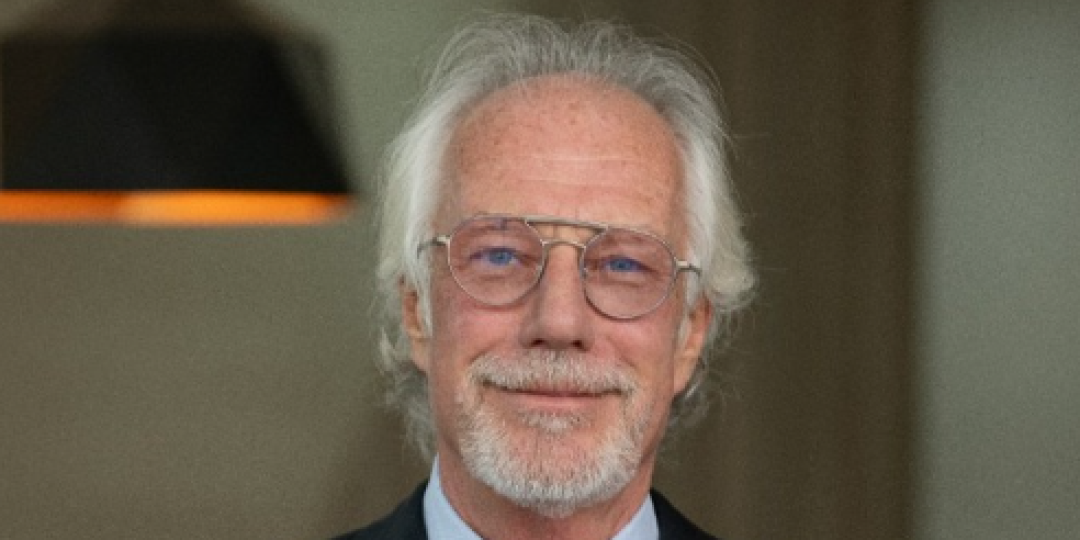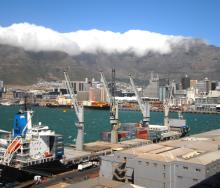In a panel discussion at this week’s Africa Rail expo, Tony Stenning, regional managing director at Africa Global Logistics (AGL) and Siyabonga Gule, managing director at Beapo, provided compelling insights into the benefits and challenges of privatising ports.
Stenning and Gule were speaking at the Africa Rail event being held at the Sandton Convention Centre from June 25 to 26.
Stenning emphasised the importance of heavy investment and management improvements in port operations. He pointed to the successful privatisation of the Port of Zanzibar as a case study. Before privatisation, the port faced severe inefficiencies, with ships waiting 28 days to berth, leading to exorbitant freight costs. Significant improvements were made after AGL took over the concession.
“We immediately built an ICD, brought in new equipment and new management, and implemented modern systems. The shipping lines came in quickly, we reduced delays to two days, and overall, the pricing of freight and the experience of using the port improved drastically,” said Stenning.
Stenning argued that such efficiency gains are difficult to achieve under governmental delays due to political influences that hinder swift decision-making and implementation.
Gule provided a perspective on the broader infrastructure challenges facing African ports and the potential role of privatisation in addressing these gaps.
“We have an abundance of resources, but the issue is an ageing infrastructure and systems. Private sector involvement can bring the necessary investment and modern technology to strengthen our infrastructure and supply chains,” said Gule.
“The focus should be on enhancing infrastructure. Strengthening our infrastructure ensures we can handle increased volumes efficiently and continue progressing rather than regressing,” he said.
Both Stenning and Gule acknowledged the need for a balanced approach that involves both public and private sector participation.
“The privatisation process often involves navigating complex political landscapes and addressing labour concerns. Involving local partners and ensuring that employees understand and support the changes are crucial,” said Stenning.
Gule added that privatisation should be seen as an opportunity to drive technological advancements and economic growth. He highlighted the importance of including local content and ensuring that privatisation efforts benefit the broader community.
“It's crucial to gather stakeholders around the table to exchange information and insights, and assess our progress. We need to discuss what worked well and what didn't. Currently, it seems we should have made more progress in terms of privatisation, but instead we're seeing incumbents competing for opportunities. This shouldn't be the case as it hinders our progress in reaching our goals. We're facing stagnation when we should be focusing on increasing volumes and minimising setbacks,” Gule said.













